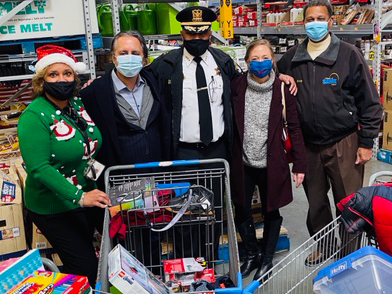Aunt Martha’s is known for a unique approach to care coordination and a comprehensive, integrated care model, ensuring that all those we serve have access to the services that get and keep them well. While many factors led to adopting this approach, our collaboration with Columbia University in New York established best practices and provided a scientific basis.

In 2002, Federally Qualified Health Centers across the country applied for this coveted opportunity to work with Columbia, and Aunt Martha’s was honored to be one of three chosen to partner with psychologists and researchers with extensive knowledge on adolescent depression and substance use disorders. Our clinics began screening for depression in primary care visits by using a modified version of the Patient Health Questionnaire-9 (PHQ-9), a quick depression assessment used to evaluate whether the patients required additional care and support based on the severity of their responses. This study tested various ways to improve the quality of care for these teens and young adults, tracking their scores on the PHQ-9 after implementation of a chronic care model.
This model encouraged a collaborative effort across all providers – nurses, behavioral health case managers, data managers, physicians, and medical directors to ensure that all aspects of the teen’s life were reviewed and addressed to improve their condition and lower their measures of depression or substance use disorders. By using this chronic care model and tracking the PHQ-9 scores, the team at Aunt Martha’s and the partners at Columbia were able to track positive results of this integrated care coordination. The positive results allowed the providers to continue to learn and adapt, meeting the needs of the adolescent patients and participants where they needed it, including an early adoption of telemedicine and texting to communicate in the best and quickest ways possible.








